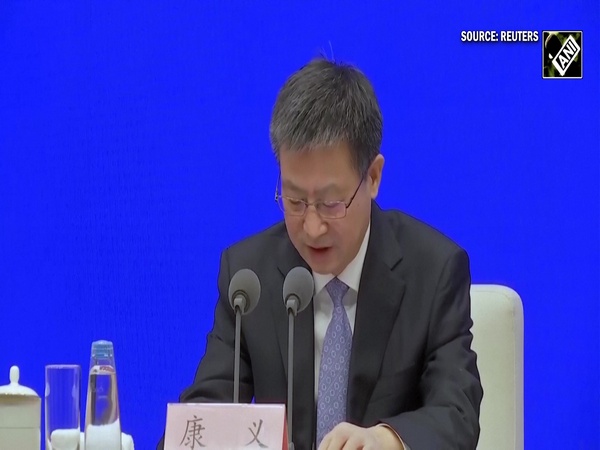Study reveals abusive bosses 'fake nice' instead of 'make nice'
Jan 25, 2021

Washington [US], January 25 : Abusive bosses may retain their positions by taking superficial steps to repair their social images following outbursts, without acting meaningfully to change their behaviours, according to new research.
The new research led by a University of Wyoming business management expert was published in the journal Personnel Psychology.
Shawn McClean, an assistant professor in UW's College of Business, joined colleagues from the University of Iowa, the University of Nebraska-Lincoln and Texas A&M University in conducting the research. Their study also was featured in Harvard Business Review, a preeminent business magazine.
"Our study shows that supervisors are often driven by simply repairing their social image rather than making genuine amends and changing their behaviour," McClean says.
"As a result, employees may seemingly forgive abusive supervisors who try to 'fake nice' after abusive behaviour, thus reinforcing the cycle of abuse."
The researchers surveyed 79 bosses who volunteered to participate in the study from fields including education, health care, retail and consulting. The study gathered information about how the bosses acted following incidents in which they told their subordinates they were incompetent, invaded their privacy or made negative comments about them to others.
Rather than take steps to genuinely repair damage caused by their abusive behaviour, such as offering sincere apologies, many of the bosses were more concerned about repairing their social images, the researchers found. The bosses did small favours for employees with the express purpose of getting employees to view them more favourably, while also engaging in self-promoting behaviours, such as highlighting how hard they work or showcasing past successes.
"Consequently, even though abusive bosses may appear on the surface to be considerate to their victims following one of their abusive episodes, the bosses in our study reported behaviour that was instead a superficial attempt at impression management," the researchers wrote in their Harvard Business Review article.
"As a result, toxic bosses were not likely to change their ways, mainly because their focus was on covering up their bad behaviour through manipulative ingratiation and self-promotion behaviours, not on actually changing their toxic behaviours."
The researchers suggest that breaking the cycle of self-centred, manipulative and uncivil behaviour by bosses requires organizational leaders to implement zero-tolerance policies for toxic supervisory behaviour -- and adhere to those policies, even when bosses appear to strive to make up for their bad behaviours. Sanctions, rather than forgiveness, are more likely to change behaviours.
"That said, a boss's behaviour can never be fully regulated by the organisational policy; in the end, whether a boss fails to exhibit common decency and civil behaviour to his employees is ultimately up to them," the researchers wrote. "Sincere apologies and reconciliations on the part of the offending boss are the only sustainable way of regaining credibility and moving forward from a lapse in civil behaviour."




















